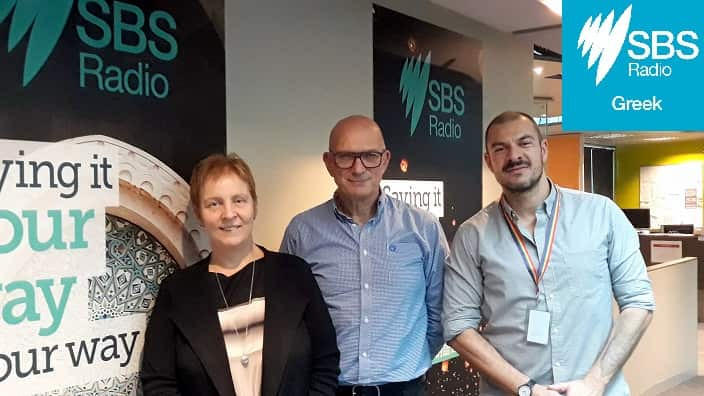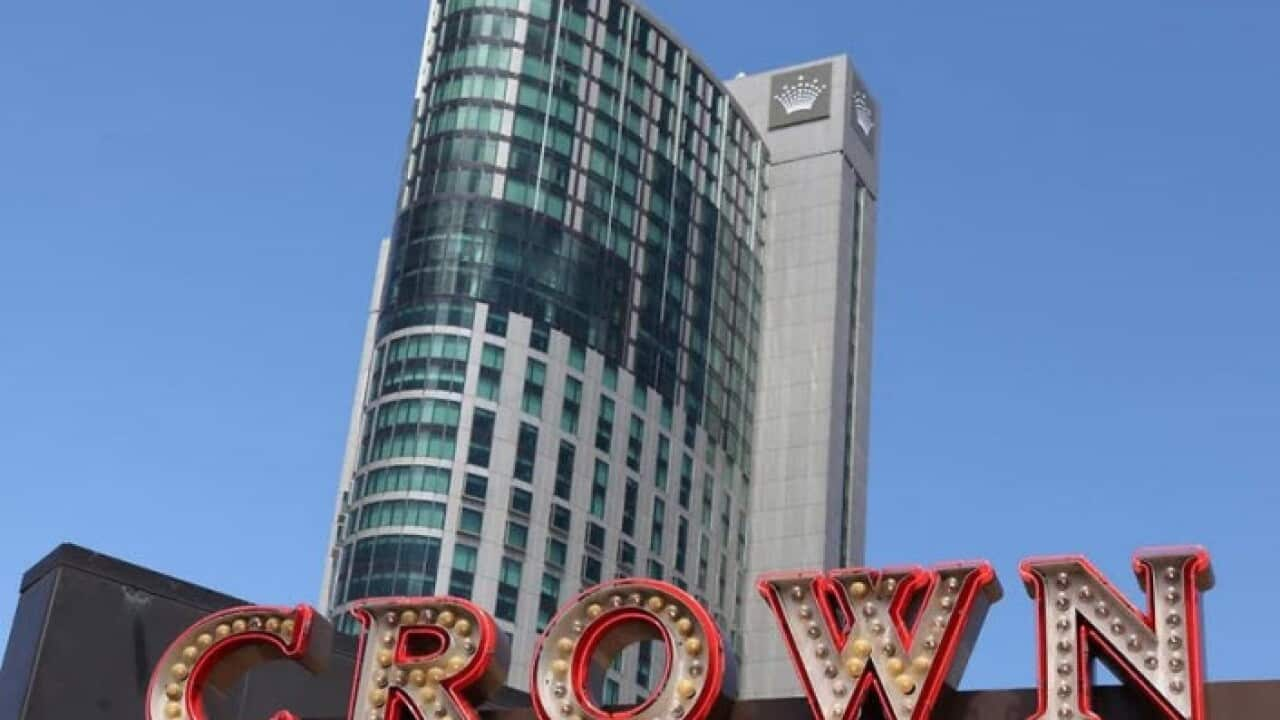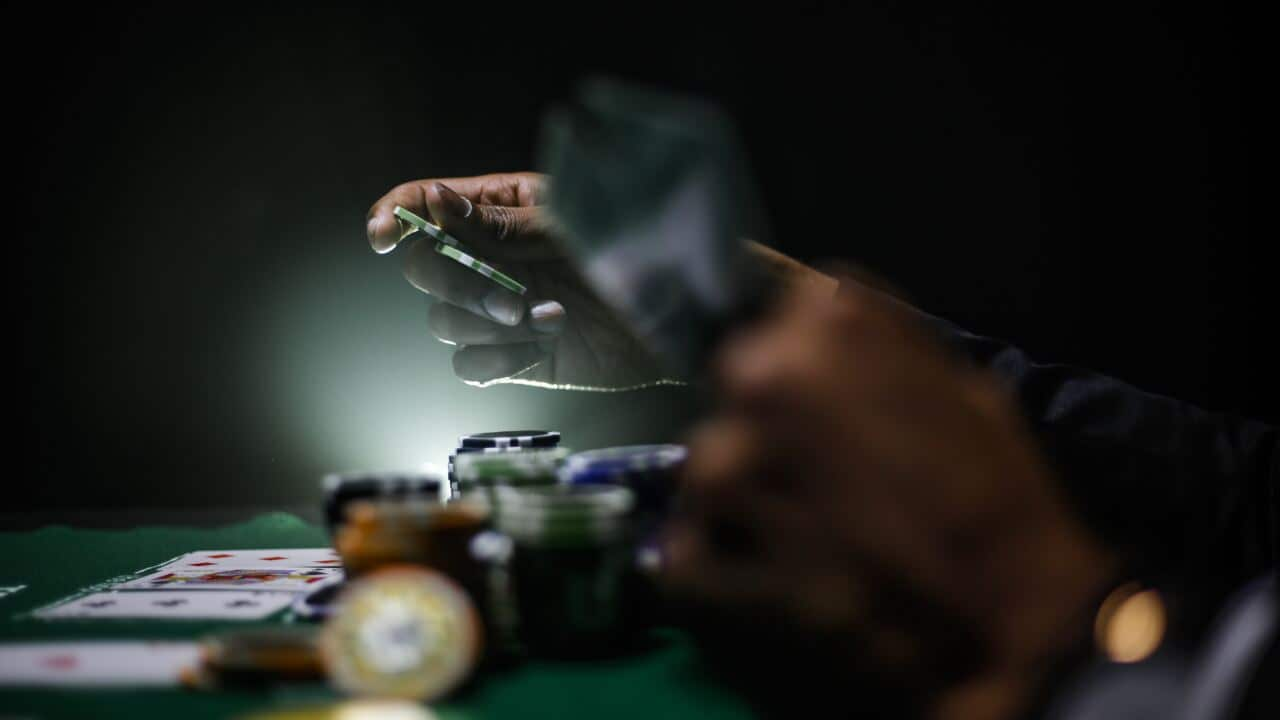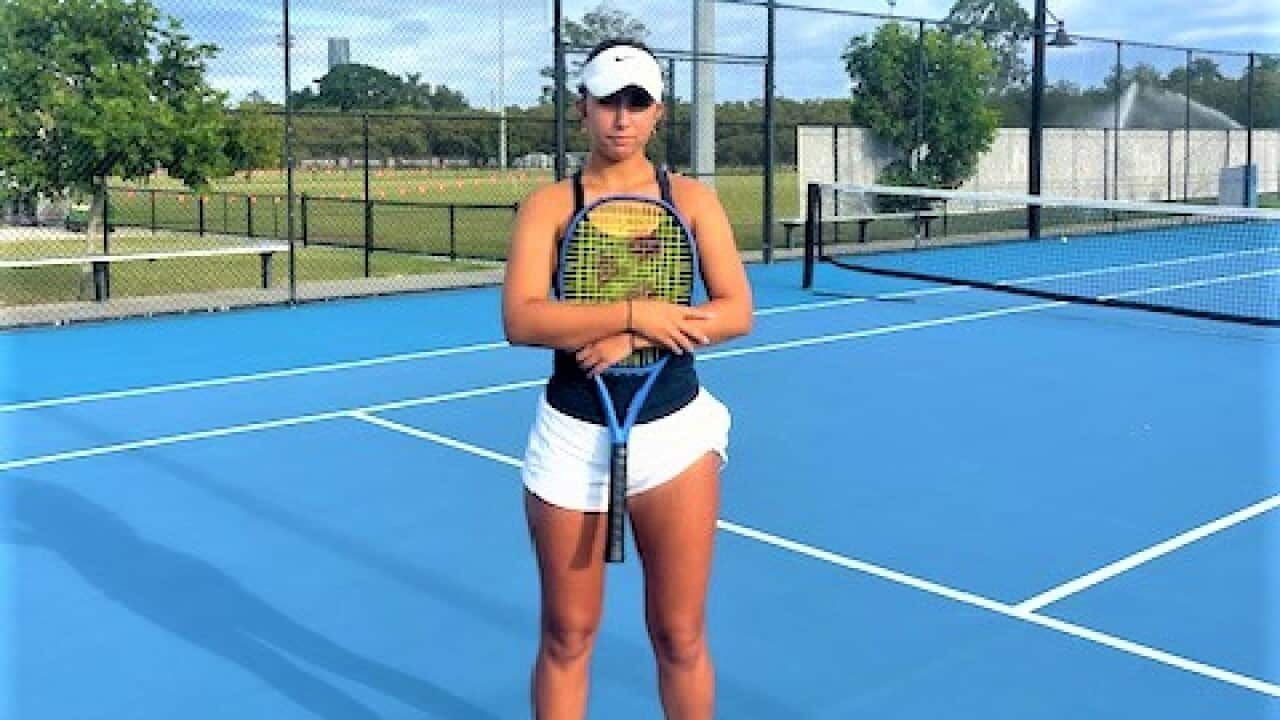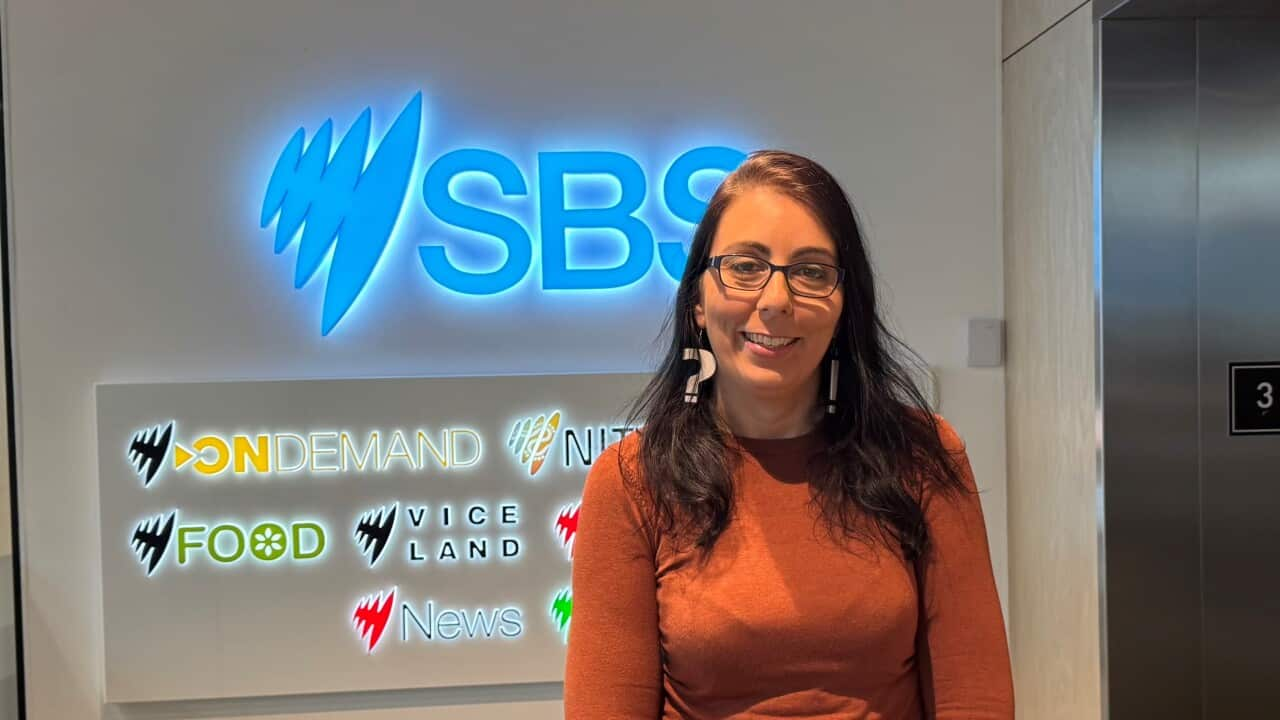Recently SBS reported that gambling addiction is a hidden problem, particularly within migrant communities. A study published by the Australian Gambling Research Centre back in 2016 noted that while non-English speaking groups were less likely to gamble than the broader Australian population, they were those who were more likely to develop gambling-related problems.
In NSW, $18 million were allocated this financial year for initiatives to “promote responsible gambling and prevent and minimize the risk of problem gambling”, just $1.7 million has been earmarked for culturally and linguistically diverse services. Victoria’s Responsible Gambling Foundation spent $20.6 million on gambling prevention and support services in last financial year, of which only about $1 million went to culturally or linguistically diverse programs. A further $200,000 in gambling prevention grants has been distributed this year to these community groups.
What is gambling addiction?
'The question of addiction is a complicated one, I think, and at the Victorian Responsible Gambling Foundation, we've done a lot of work and research on harm. We know that while many people can gamble without harm, there is a spectrum of harm, it can be of low-level harm, moderate or, in fact, severe harm.
In Victoria, about 550,000 people would experience some form of harm from gambling. We know that for every one person who is experiencing severe harm, up to 6 members of their family or close to that person community members would also experience some harm as a consequence of that. For those who experience moderate harm, it's up to about 3 additional people and for those whose experience low risk, up to one additional person will be affected. I think that one of the ways we see this is in terms of perhaps financial hardship for people or people who are in an emotional distress and they might be feeling very anxious, they might be quietly committed to trying to win back what they’ve lost. We see a family breakdown and a range of other things that could indicate that the harm was quite significant.'
In 2016, Australians gambled almost $24 billion in 2015-16. Why is gambling so attractive?
'I think we need to start by acknowledging that gambling does contribute to the economy in some ways. We can see that many people can gamble without harm and that's an important, sort of, contribution to be made. However, I think the reasons why people develop a more risky behaviour can be many and varied. So, for instance, young people are a really good example, young men in particular. If you follow up sports, watching soccer or footy or whatever it might be, you see often continuous advertising.'
At the Foundation we’re troubled by that because it begins to make the connection, for example, between sport and enjoying a sport and advertising and betting and gambling and normalizes that. But the questions we’re raising is whether people understand, what creates a safe gambling environment and what things people need to consider in order to be safer.'
'What we know about an individual, is that sometimes events in their life will cause them some stress and that may result in them if they have been gambling relatively reasonably and without harm, these events might leave them to experience more harm. Sometimes it can be a separation or be losing their job and feeling out of control with only a few areas in their life that someone might seek some refuge.'
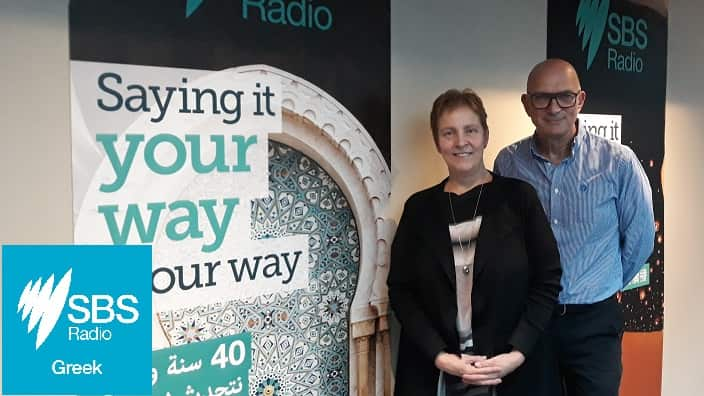
In EU, 7% of children under 18 is gambling at least twice per month and in Greece, 16% gamble every week. In Cyprus, 75% of the population over the age of 15 gambles and from the age of 12,5. Is gambling part of our culture?
'Community gambling, in some form, has always been part of the Greek culture. As a child, I remember my father playing backgammon with my uncles all day and all night. Though they didn't ever exchange money and never exchange anything although when I was chatting to my father about just the other day he said to me that back in his home village out of the city of Kozani in northern Greece, the men would sit at the ‘kafenio’ (coffee shop) and playing backgammon. And back in those days, they didn't have money so they used to gamble for dried beans, a coffee or a drink or something else.
In a sense, it's always been part of the way in which men have relaxed in their communities is to meet, socialized together and have a game.
In Melbourne there were Greek coffee shops, in suburbs like Yarraville and Sunshine there were a number of Greek coffee shops. Plenty more were in Brunswick and Coburg. There were always reports about money was being exchanged under the table but it was nothing ever really overdue because it was illegal to gamble.
I don't think it's changed that much. The settings have changed now. Now you go to Prahran Central Plaza and you'll see Greek men sitting around and playing backgammon and sometimes even playing cards. I don't think there is money exchange but this notion of participating in board games and card games is being part of our culture.
For instance, in New Year Eve, Greeks would sit around playing card games and it’s a very popular way for Greek people to see the New Year through. It's all about seeing the New Year through and see what sort of your new year will have. It's still very much happens in Greece and certainly amongst the newly arrived younger Greek people in Australia.

What more can we do to break the gambling habit?
The Foundation is much more concerned with the stigma and harm that might come from gambling and that's really what we focus on. We have services which can assist people if they are in the severe harm they're called Gamblers Help Services.
Although we provide a number of these in different languages and we have interpreting services which are available for free, sometimes people feel the stigma and the shame so strongly from gambling that they may not feel able to ask for assistance or help. We have many different ways that people can seek help so, for example, we also have materials online on our website in different languages, are we have online tools and applications that people can use to understand a bit more about their own behaviour and what's happening to them. It taps the stress they might be feeling that might be occasioning drive them to gamble more.
We have a program that assists different cultural groups and creating alternatives to gambling. Sometimes people might go to a venue for gambling purposes and they may feel they don't have anywhere else. So, we’re creating alternatives and choices.
We also use a lot of our resources for research because we are an evidence-based organization so we only act on the basis of what the evidence tells us While there has been some research in different cult communities very little really. For us that we have existed for the last five and a half years, it is an important area for us to really build our evidence base in understanding the different experiences for people and cult communities, including the Greek community in relation to gambling.
With some communities, the experience of migration or the way in which they experience life in Australia might also cause them to be somewhat troubled in their life. So it's all of these things are relevant to us.
While there are many online tools for someone to use, there are voices of concern about these people aren’t familiar with the computer technology. How can they find assistance?
The ‘Pronia’ project is exactly what is doing. The organization sends out Community Education workers to talk to groups of senior citizens in Melbourne’s northern and southeastern suburbs. Also, there’s a Minister for Consumer Affairs, Gaming and Liquor Regulation. Marlene Kairouz, who is very aware of these issues.
What’s the worst gambling story you’ve ever heard?
There were stories that I heard from the extended members of our family and usually people from my father's or mother's village. All stories told about people gambling away their property and their family home. The one story that really stood with me forever is what I heard from my mother telling the story about perhaps to one of her sister's. So I have heard the story about this particular mad gambler who gambled away his wife.
